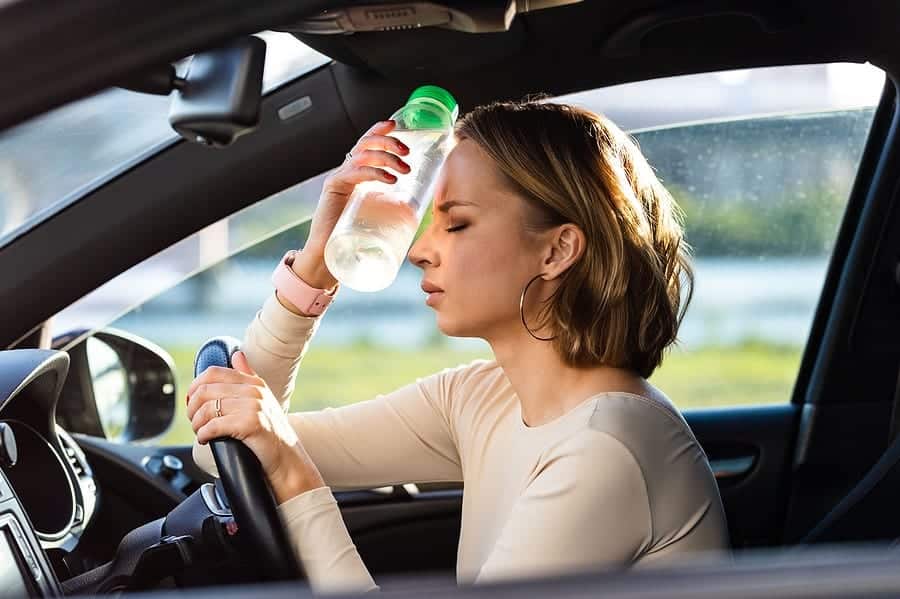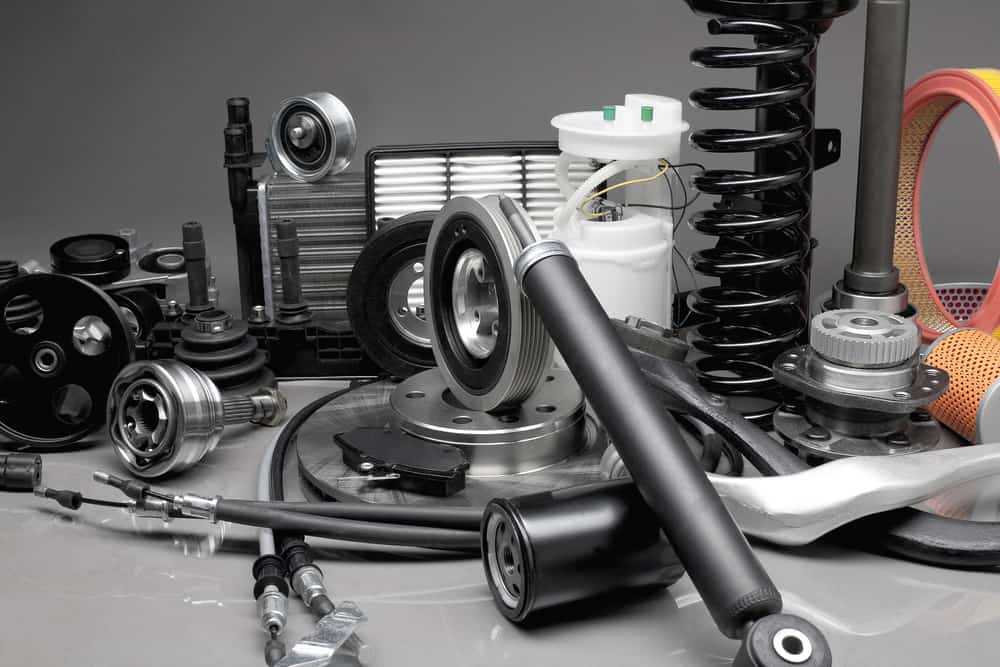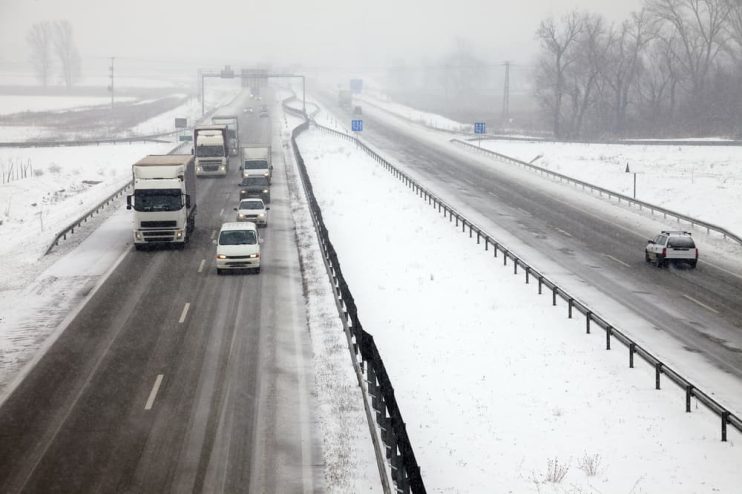
It’s Summer. You’re on your holidays. The kids are off school. And everyone tells you to be happy. But in the same way those hot, hot days can keep you up at night, failing to go to sleep, the extreme heat can cause you difficulty and discomfort behind the wheel.
No one ever mentions that the summer’s heat can make driving every bit as gruelling as the coldest winter morning.
Not only can it be a real sweatbox in the car, even with the air conditioning on full whack, but the heat also puts more strain on the engine and its systems.
We can’t unfortunately turn down the temperature gauge on the British weather, so use the following tips to make the driving seat that little bit more bearable during the hottest months:
Make these Basic Checks…
If you think that the heat is frustrating, imagine how annoyed you’ll be if your car breaks down on a long trip. These simple checks will help you prevent problems on the road:
Oil – use the dipstick and ensure that the levels are correct. Wipe the stick and replace it in the hole, before drawing it out and observing the position of the dot on the metal. If it’s below the fill mark, then pour more oil into the oil reservoir. Don’t pour into the dipstick holder.
Coolant and screen wash – always check coolant when the car is cool, and hasn’t been driven for at least 30 minutes. Hot coolant can spit out of the reservoir and is extremely dangerous. Ensuring that the reservoir has cooled is a vital step to take before checking levels. Screen wash needs to be a mix of washer fluid and water to help remove stuck on bugs and dust from the windscreen that may impede visibility.
Tyres for tread and pressure – car tyres can become more pressurised when the air heats up – as the energy stored within the air will cause it to expand. A little like how steam rushes out of a kettle. Make sure your tyres are not over pressurised, and let out a little air to release the pressure if necessary.
In short – preparation means less frustration when on the road.
Cool and Breezy
Make no mistake, convertibles are a ton of fun in the summer. However, problems with the canopy or the mechanism can be a real headache, if you don’t check them first. Whether you have a hard or a soft top – there’re a number of checks and cleaning processes that will make sure your canopy is in great working order, before you try to use it on that fresh, sunny day.
The Weather with You
Plan and time your route in accordance with the weather. Taking a business trip with a return journey scheduled for 5.00pm on the Friday night before bank holiday weekend is going to cause trouble and frustration, as you embark homeward through holidaymaking traffic. Try to avoid rush hour, be clever with your timings, and make arrangements that sit outside of peak traffic times.
Wet or Lost Key Fobs
Nothing is more frustrating than losing your keys. Shorts and summer trousers are renowned for being less than secure, and if you’re taking clothes off to jump in an outside pool or the sea, then you could easily lose your keys. Or worse still forget they’re in your pocket and jump into some cooling water only to discover you’ve got them wet. Put them in a safe place, like a sealed handbag or rucksack, in a zipped up compartment so you don’t lose them or expose them to water.
Glare from the Sun – Dazzling Light
Get those polarised glasses on behind the wheel. Don’t go for heavy tints or mirror shades, but instead get some glasses that filter out the sunshine and are great for behind the wheel. Keeping the windscreen clean can also help. Too much sun means squinting, which can cause you trouble at high speeds – adding to the frustration and long periods of brightness, in turn making your eyes tired.

Warm and Sleepy
There’s a reason why people like to sleep with heated blankets or jump into bed after a hot bath. Heat makes you tired. Getting behind the wheel when you’re not feeling fully energised can give you problems later down the road. And when you get tired, all too often the drowsiness comes with irritability and a dangerous short fuse, which won’t help when dealing with the problems of summertime traffic.
Sniffles and Sneezes
If you suffer from hay-fever, then you probably dread the summertime. Pollen can become thick in the air, bringing irritation to your nose and sinuses. Fortunately, there are several remedies and precautions you can take these days that negate the dangerous effects, allowing you to relax behind the wheel.
Loose Chippings
Summertime is often a choice moment for road resurfacing work. Usually these crews put down a layer of loose chippings, which will slowly be impacted into a more usable surface over time by traffic passing over them. Unfortunately when these surfaces have been freshly laid, stones can kick up and damage your paint and windows. Do yourself a favour and drive at the required level of under 20mph.
Smoking Damages…
If you must smoke then try to avoid setting fire to the countryside by keeping your cigarette and roll up ends in the car’s ashtray. Or take along a convenient receptacle that you can use as an alternative. The last thing you want to see is a news report of a fire originating in a field next to a road near a place where you flicked a butt out of the window.
Stuck Behind a Tractor?
Yes, they can be extremely annoying. And no one wants to get stuck behind a tractor. But they can see you and want to give you space. Tractors generally pull over when possible – unless you tailgate them, give them hassle and beep your horn. After all, farmers are like everyone else. They respond best when you treat them with respect.
Other Road Users
Sunshine gets everyone out and about. You’ll need to drive with additional care as you’ll see more cyclists on the road, more pedestrians taking risks to cross the road, and children playing in the street. It’s wise to exercise more caution and make sure you stick to the speed limits.
And Finally
It’s very easy to suffer from a breakdown in all the heat – with the excess stress on your engine. Make sure you’re ready in case the worst happens, and arm yourself with our guide to breakdowns.













.png)